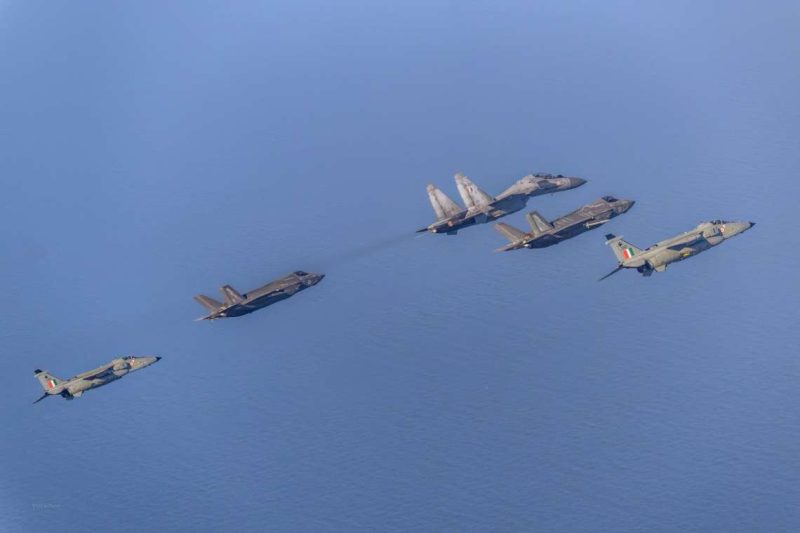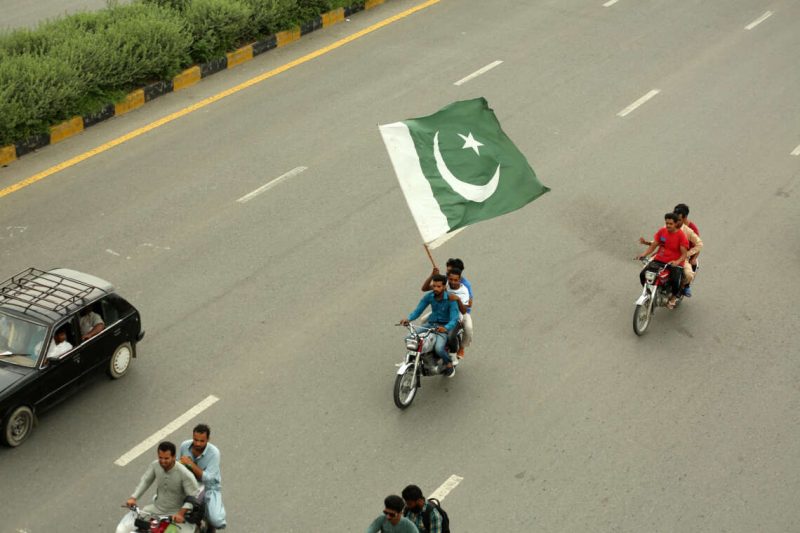The government will set up a museum to showcase history of the raid and atrocities committed by the raiders supported by the Pakistan army…reports Sumit Kumar Singh

India will observe October 22 — the day of the raid in 1947 in Jammu and Kashmir — as the ‘Black Day’ to protest against Pakistan’s role in instigating violence and terror in the valley.
On October 22, 1947, Pakistani invaders illegally entered into Jammu and Kashmir and plundered and committed atrocities.
“The ‘lashkars’ (militia) of tribal men armed with axes, swords and guns and backed by the Pakistan Army attacked Kashmir where they butchered men, children and turned women into their slaves,” said a senior government officer adding that they destroyed culture of the valley.
The government will set up a museum to showcase history of the raid and atrocities committed by the raiders supported by the Pakistan army.
“An exhibition and a two-day symposium have also been planned on October 22 in Srinagar,” the officer said.
How Pakistan planned raids?
The Pakistan Army had directed every Pathan tribe to enlist at least one lashkar of 1,000 tribesmen. They then told lashkars to concentrate at Bannu, Wanna, Peshawar, Kohat, Thal and Nowshera. The Pakistan brigade commanders at these places provided ammunition and arms and essential clothing.
Back then, the entire force was commanded by Major General Akbar Khan, code named “Tariq”. Each lashkar was provided with a Major, a Captain and ten junior commissioned officers. A minimum of four guides per company were attached before leaving Muzaffarabad.

Six lashkars advanced along the main road from Muzaffarabad to Srinagar through Domel, Uri and Baramulla, with the specific task of capturing the aerodrome and subsequently advancing to the Banihal Pass.
Two lashkars were told to advance from the Hajipir Pass directly to Gulmarg. A similar force of two lashkars were told to advance from Tithwal through the Nastachhun Pass to capture Sopore, Handwara and Bandipur.
Ten lashkars were asked to operate in Poonch, Bhimbar and Rawalkot area with the intention of capturing Poonch, Rajouri and then advancing to Jammu.
Further, 7 Infantry Division of the Pakistan Army concentrated in the area Murree-Abbottabad by the last light of October 21, 1947 and was ordered to be ready to move immediately into the Jammu and Kashmir territory to backup the tribal lashkars and consolidate their hold on the valley.

One Infantry brigade was also held in readiness at Sialkot to move to Jammu.
Pakistani Soldiers were sent in driblets and regular troops were mixed with invaders, an expedient which delayed but did not halt Indian advance in Kashmir.
On October 26, invaders entered Baramulla and began soul stirring atrocities. “Young women were abducted and carried off without distinction of colour, cast or creed. Each raider tried to grab as much wealth or as many girls as he could,” recalls a former Indian Army officer.
The inhabitants for their safety left all their possessions behind and took refuge in hills. The deserted streets lay silent, echoing only the rattles of the raiders’ nailed boots as they threaded their way between the corpses strewn around.

Baramulla was completely destroyed and looted by the barbaric Pakistani invaders.
The princely State of Jammu and Kashmir was under attack by the tribal raiders supported by the troops of the newly formed Pakistani Army.
Witnessing the atrocities, Maharaja Hari Singh appealed to the Indian government for help and Kashmir formally acceded to India.
It was on October 27, 1947, the first Infantry contingent of the Indian Army, the troops of the 1 Sikh landed at Srinagar Airfield and fought a battle to liberate Kashmir from the intruders.


India will observe Oct 22 as ‘Black Day’. 
India will observe Oct 22 as ‘Black Day’. 









